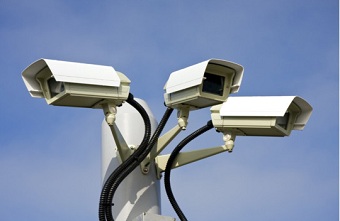According to IHS, there were 245 million professionally installed video surveillance cameras active and operational globally in 2014. Whilst the majority of these cameras were analogue, over 20 percent are estimated to have been network cameras and around two percent HD CCTV cameras.
This is the first time that IHS has measured the installed base of security cameras. According to Niall Jenkins, Research Manager, Video Surveillance, Security Services and Smart Homes, the analysis was driven from ten years of unit shipment data collected for its video surveillance research. IHS estimated the service life of cameras in each sub-region by end-user industry to size the current installed base.
The research also brought out some other interesting findings, including that Asia accounted for 65 percent of installed security cameras in 2014. In 2016, Asia is forecast to account for 68 percent of the installed base of security cameras, driven primarily by unit shipment growth in China.
It is interesting to note that the installed base is characterised by different drivers in each region. In China, average camera prices are typically lower and there is a higher replacement rate. Installers and integrators cost less so replacing a faulty product is less cost prohibitive. In Europe and North America, there is more of a price premium and a focus on product reliability.
In terms of leading companies in the sector, Hikvision is estimated to have had the largest number of security cameras installed worldwide in 2013. Samsung Techwin is estimated to have been second. Supply has been fragmented though with the top ten camera vendors accounting for less than 40 percent of all installed cameras.
On the other hand if we account specifically for network cameras, then Axis Communications is estimated to have had the largest number of installed cameras in 2013, with Hikvision in second place. These two companies were the only vendors with more than 10% of the installed base of network cameras in 2013.








